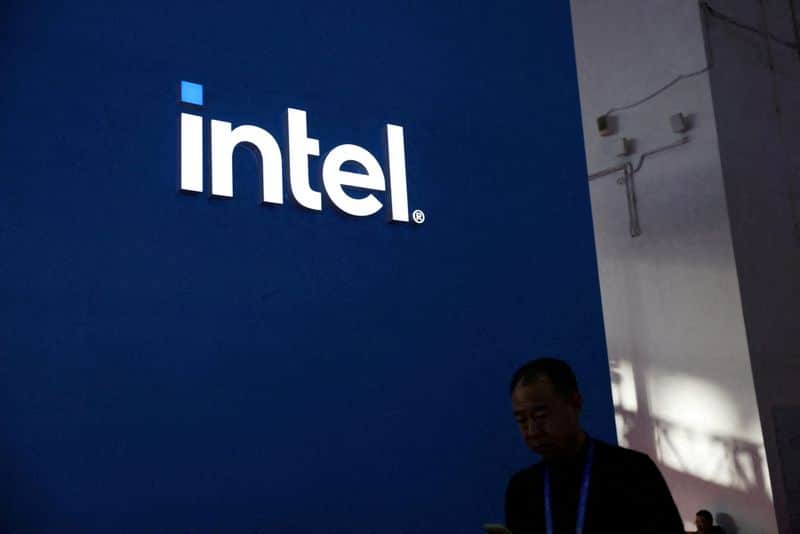WASHINGTON (Reuters) – Republican U.S. lawmakers criticized the Biden administration on Friday after sanctioned Chinese telecom equipment giant Huawei this week unveiled a laptop equipped with an Intel AI chip.
The United States in 2019 placed Huawei on its trade sanctions list for violating Iran sanctions, part of a broader effort to hinder Beijing’s technological advances. Being listed means the company’s suppliers must apply for a special, hard-to-get license before they can ship to it.
One such license granted by the Trump administration allowed Intel to ship CPUs to Huawei for use in laptops starting in 2020. China hardliners had called on the Biden administration to revoke the license, but many willingly accepted that it would expire at the end of this year and not be renewed.
Huawei’s unveiling of its first AI-powered laptop on Thursday, the MateBook X Pro powered by Intel’s new Core Ultra 9 processor, shocked and angered them as it suggested the Commerce Department had approved the supply of the new chip to Huawei.
“One of the biggest mysteries in Washington is that the Commerce Department allowed US technology to be sent to Huawei,” Republican congressman Michael Gallagher, who chairs the House Select Committee on China, told Reuters.
The chips were shipped under a pre-existing license, a source familiar with the matter said. They are not covered by recent sweeping restrictions on the supply of AI chips to China, the source and another person said.
The Commerce Department and Intel declined to comment. Huawei did not immediately respond to requests for comment.
The reaction is a sign of mounting pressure on the Biden administration to curb the rise of Huawei, nearly five years after it was added to the list of trade restrictions.
In August, it shocked the world with a new phone equipped with a sophisticated chip made by China’s sanctioned chipmaker SMIC, becoming a symbol of China’s technological resurgence despite Washington’s ongoing efforts to weaken its ability to make advanced semiconductors.
At a Senate subcommittee hearing this week, export official Kevin Kurland said Washington’s restrictions on Huawei had a “significant impact” on its access to US technology. He also emphasized that the goal is not to stop Huawei’s growth, but to prevent it from misusing US technology for “malicious activity.”
But those words did little to quell disappointment among Republican China hawks following news of Huawei’s new laptop.
“These approvals must stop,” Republican congressman Michael McCaul told Reuters. “Two years ago, I was told that licenses to Huawei would be suspended. Today, it doesn’t look like the policy has changed.”
(Reporting by Alexandra Alper and Karen Freifeld; Editing by Leslie Adler and Stephen Coates)
